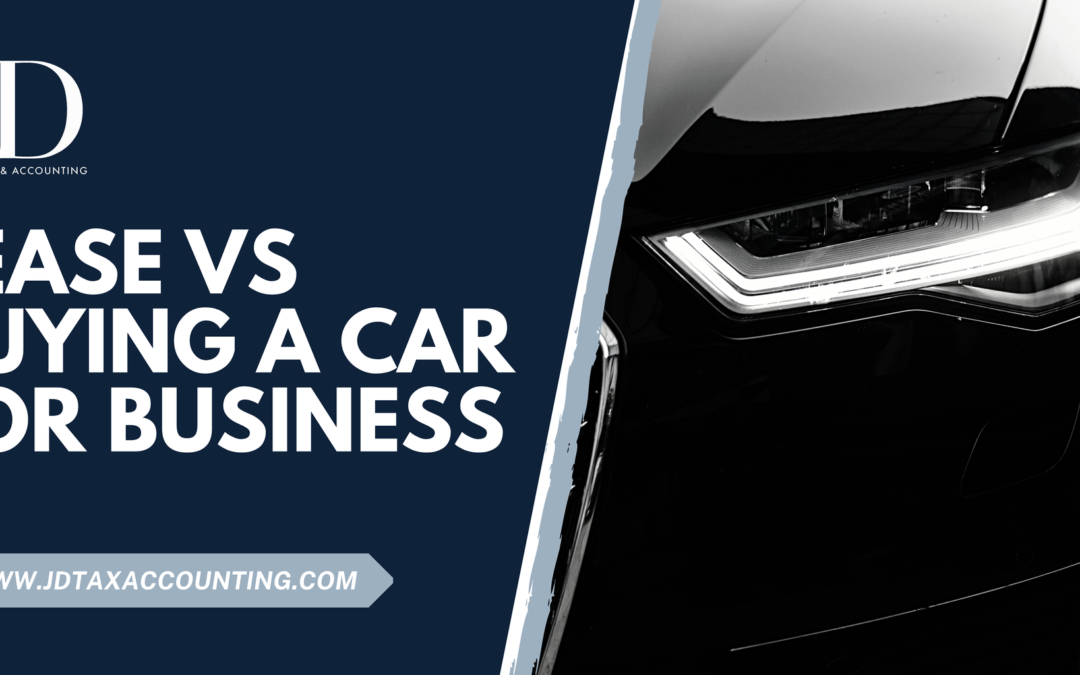Lease vs Buying Car For Business: Which is Better and Why
If you are thinking of having a business car leasing, then you might want to consider if it is better to lease or buy, and what specific things you should know when choosing a plan.
In this article, we will run you through the whole process, plus what you need to know, which is better, and why.
What Is A Lease Agreement?
A vehicle lease is a common kind of auto finance that allows you to “rent” an automobile from a dealership for a set period of time and mileage. In most cases, you’ll make monthly lease payments in exchange for the ability to drive the vehicle. You can either return the vehicle to the dealership at the conclusion of the lease or buy out your lease if you want to keep the car.
How Do I Make A Lease Agreement?
To lease a new car, you’ll almost always require acceptable credit. According to Experian data, people leasing a new vehicle in the third quarter of 2020 had an average credit score of 733. Scores of 670 and up are considered “good” by FICO. Even if you don’t own the vehicle you’re leasing, your lease payment history will appear on your credit reports.
Should I Buy Or Lease My New Business Vehicle?
Despite the fact that monthly lease payments are typically lower than automobile loan payments, leasing may end up costing more in the long run than a car loan.
You’ll pay off your auto loan over time if you take out a car loan. Because you won’t have a monthly payment once your auto loan is paid off, driving a vehicle that you own can lower your long-term costs. You won’t be able to create equity in a vehicle if you lease one. It may make sense to lease rather than buy, depending on your preferences and lifestyle.
Also, timing is crucial in many aspects of life. If you purchase your business vehicle on December 31 of any year, you will be eligible for the same deduction as if you bought it on January 1 of that year.
Looking To Buy A Car For Your Business? What Could Possibly Go Wrong?
When it comes time to buy a car, many individuals may offer advice on what to do in the showroom. Because car buying can be such a convoluted process, knowing what not to do in the dealership may be more important than knowing what to do.
Some of the most important don’ts in car buying are: to not enter the dealership without a plan, to not feel obligated to buy right away, to not allow the dealer to run a credit check, to not discuss your trade-in too soon, to not allow the salesperson to steer you to a vehicle you do not want, to not give the dealer your car keys or your driver’s license, and to refrain from engaging in monthly payment negotiations.
Can You Write Off Your Car Payment As A Business Expense?
If your small business owns the car and the loan is in your company’s name, the monthly payments will almost certainly be deducted from your company’s bank account. This is most likely the case if your vehicle is utilized only for business reasons, such as a corporate car or a business vehicle. Using this fact pattern, you can deduct the entire interest component of your car payment as a business expense. You can also deduct other car-related running expenses using the real expenses technique.
How Do I Buy A Car For My Business?
To title a vehicle in your company’s name, you must first present articles of incorporation and demonstrate that your firm is a legal entity. This is your first step if you are a gig worker who has not yet legally registered your firm. Depending on how you intend to pay fees, you may also require an EIN number, a credit profile, and an official bank account for your firm.
As part of the registration procedure for your state’s department of motor vehicles, your small business will be required to produce proof of insurance. Car insurance for businesses is different and generally more expensive, so contact your insurance agent to find out about pricing and set this up ahead of time. In order to add the car to your policy, your agent will need to know the make, model, VIN, odometer reading, and other details.


